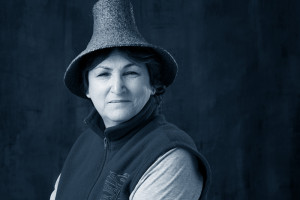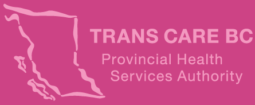Sandra Laframboise’s contributions to trans communities can be summed up by the word ‘multifarious.’ Notably, she has helped change the practice of labeling people as ‘primary and secondary stage transsexuals’ towards using ‘trans’ as an inclusive umbrella term respecting the broad diversity of genders.
Sandra came out to her parents at age 12. Over the following three years, she was ostracized, institutionalized, thrown out of her parents’ home, and expelled from school. There was no formal support or counselling available, so she found camaraderie among queer and trans youth doing street-level sex work. At the time, this was one of the few avenues for trans women to make a living.
A turning point in Sandra’s life was marching on Parliament Hill in 1974 to call for gay rights and freedom from police harassment. This moment, along with other acts of resistance from her youth, motivated her to want a better life. She then finished high school and, in 1987, moved to Vancouver where she recovered from drug use and completed a psych-nursing diploma.
Most agencies in Vancouver did not want to provide services to trans women. As a result, Sandra became very active advocating for and doing outreach to trans women, especially those involved in sex work and drug use. In 1994, she was instrumental in establishing the first drop-in center for transgender women out of Vancouver Native Health as part of The High Risk Project. This program provided services to HIV+ transgender women involved in street level sex work. Sandra feels her life’s work was realized when she helped facilitate a visit by government legislators to The High Risk Project to listen to the experiences of trans women.
These days Sandra is actively involved in First Nations’ and transgender spirituality and healing. She claims to be retired, but all signs suggest that her advocacy for the advancement of transgender people in society will not be ending any time soon.




